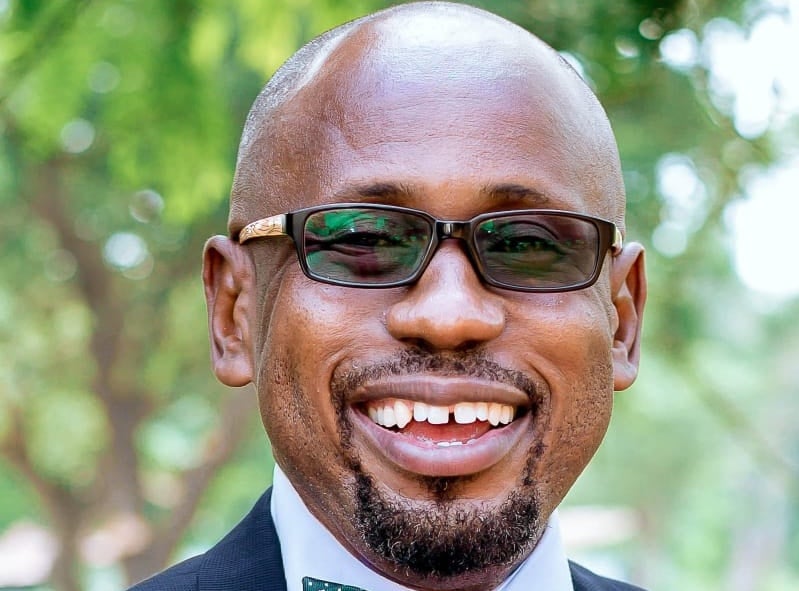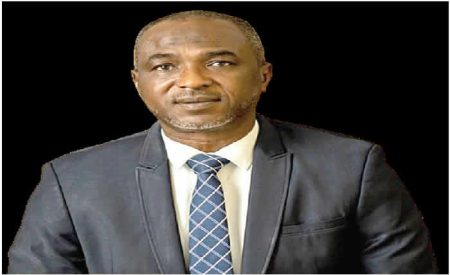Professor Robert E. Hinson, speaking at the 2025 Citi Management Bootcamp, delivered a compelling presentation on crisis management and corporate communications, emphasizing the escalating vulnerability of organizations to a diverse range of crises in today’s dynamic business landscape. He underscored the inevitability of crises, ranging from operational and financial disruptions to cyberattacks, reputational damage, and natural disasters, stressing that preparedness and coordinated response mechanisms are paramount in mitigating their negative impact. Professor Hinson defined a crisis as an event that carries the potential for significant negative consequences, jeopardizing both operational continuity and reputational integrity, and necessitates immediate and decisive action. He articulated a three-pronged approach to effective crisis management, highlighting the critical importance of meticulous preparation before a crisis strikes, seamless coordination during the unfolding of the crisis, and thorough post-crisis analysis and learning.
Professor Hinson presented compelling research findings that underscore the detrimental effects of delayed responses, outdated crisis management plans, and poor coordination between departments. He pointed out that tardy reactions to a crisis can exacerbate negative outcomes by as much as 40%, while a staggering 65% of organizations rely on outdated crisis playbooks, leaving them ill-equipped to navigate the complexities of contemporary crises. Furthermore, he emphasized that siloed departments and ambiguous roles significantly impede effective crisis response, creating confusion and hindering timely decision-making. To address these critical vulnerabilities, Professor Hinson urged businesses to prioritize annual risk assessments to identify potential threats and vulnerabilities, establish clear roles and responsibilities within the crisis management team, delineate escalation paths for efficient decision-making, conduct regular crisis simulations to test response protocols, and maintain robust communication systems to ensure the seamless flow of information during a crisis.
A key element of Professor Hinson’s presentation focused on the composition and responsibilities of a Crisis Management Team (CMT). He recommended a multidisciplinary team comprising key personnel from various departments, including the CEO, Legal Counsel, IT/Security Lead, Operations Head, Marketing/PR professionals, and a Customer Experience Lead. Each member of the CMT plays a crucial role in orchestrating a swift and unified crisis response, leveraging their expertise to address the multifaceted dimensions of a crisis. The CEO provides leadership and strategic direction, while Legal Counsel ensures compliance with legal and regulatory requirements. The IT/Security Lead manages technological aspects of the crisis, such as cyberattacks or data breaches, while the Operations Head focuses on maintaining business continuity and minimizing operational disruptions. Marketing/PR professionals manage external communications and safeguard the organization’s reputation, and the Customer Experience Lead focuses on maintaining customer satisfaction and addressing customer concerns during the crisis.
Effective public communication is another cornerstone of successful crisis management. Professor Hinson advised organizations to issue an initial public statement within the first hour of a crisis, demonstrating responsiveness and transparency. He emphasized the importance of appointing a trained spokesperson who can convey information accurately and empathetically to the media and the public. He stressed the need to adhere strictly to verified facts, avoiding speculation or unsubstantiated claims that could further damage the organization’s reputation. Transparency and timely updates, he noted, are paramount in building and maintaining trust with stakeholders, demonstrating the organization’s commitment to open communication and accountability.
Recognizing the power of internal communication during a crisis, Professor Hinson emphasized the vital role of employees as Crisis Ambassadors. He advocated for empowering employees as credible internal voices who can support communication efforts on social media and other platforms. By providing clear guidelines, approved messaging, and consistent internal updates, organizations can leverage their employees’ networks to disseminate accurate information and counter misinformation. This approach not only strengthens internal communication but also extends the organization’s reach and influence in managing the narrative surrounding the crisis.
In today’s rapidly evolving digital landscape, Professor Hinson highlighted the strategic advantage of leveraging artificial intelligence (AI) and real-time monitoring tools. AI-powered systems can analyze vast amounts of data to identify potential threats and vulnerabilities, enabling organizations to anticipate and mitigate crises proactively. Real-time monitoring tools provide up-to-the-minute insights into emerging crises, allowing organizations to respond swiftly and effectively. He emphasized the criticality of rapid response in the digital age, where a local issue can escalate into a global headline within minutes.
Professor Hinson concluded his presentation with a powerful call to action, emphasizing that crisis preparedness is not optional but rather a fundamental imperative for organizations operating in today’s complex and interconnected world. He underscored the revealing nature of crises, stating that they do not build character but rather expose the true character of an organization. His compelling message resonated with the audience at the Citi Management Bootcamp, highlighting the critical importance of proactive crisis management planning and the need for organizations to cultivate a culture of preparedness and resilience. The Citi Management Bootcamp, part of the Citi Business Festival, provided valuable insights and practical strategies for navigating the challenges of crisis management in today’s dynamic business environment.














